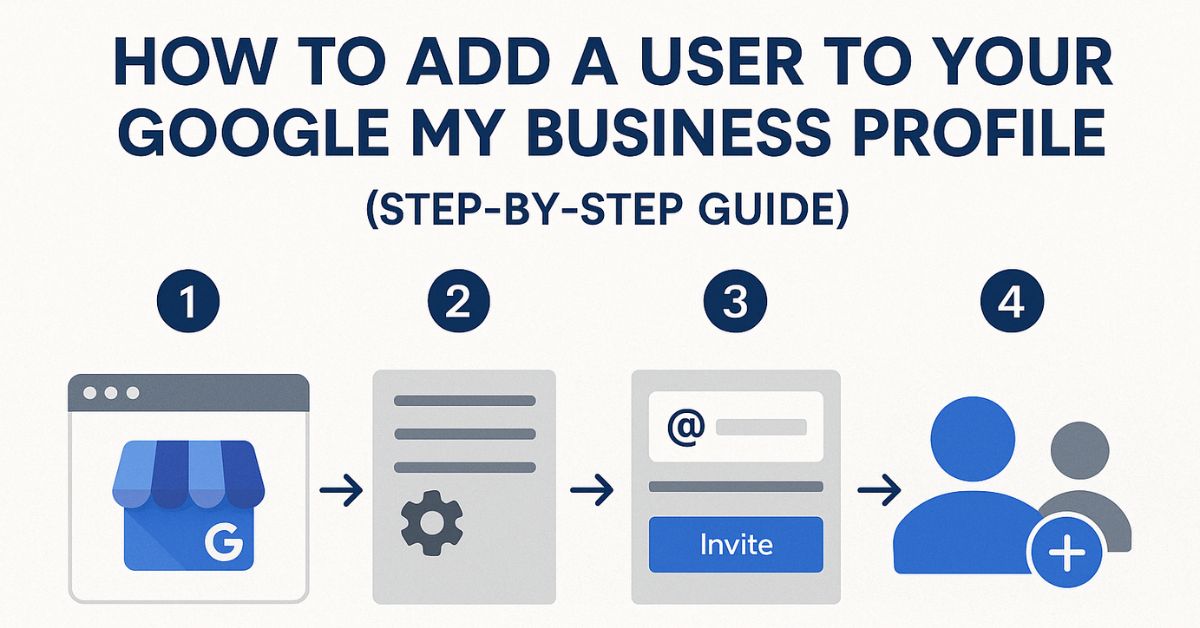
Why is SEO & Organic Search Traffic Important?
Organic search traffic is essentially free, unlike paid advertising that has a long-term strategy that continues to deliver results over time. It builds credibility and trust because high organic rankings signals authority to users.
Not just this, unlike paid ads, organic traffic doesn’t cease when you stop paying. Well-optimised content can attract traffic for years. Increased brand visibility as higher rankings mean more brand exposure.
Additionally, SEO best practices align with providing valuable, user-friendly content that benefits both users and search engines. Outranking competitors can lead to increased market share.
The targeted traffic by SEO attracts users actively searching for your products or services, this gives a higher intent that leads to better conversion rates a.k.a better business growth.
Need Organic business growth?
What is a Target Market?
As justified by its name, the target market is essentially a group of customers at which a business can effectively aim its offerings and objectives. In order to increase your website’s visibility and achieve success in improving organic search results, you must gain insight into the specific keywords your target audience is employing to discover your business’ products & services.
Recognising Your Target Audience
Firstly, create detailed profiles of your ideal customers that may include demographics, interests, pain points, and online behaviour. You can also use surveys, interviews, and analytics data to inform these personas.
Analyze Search Intent by identifying the types of queries your target audience uses. They can be informational, navigational, transactional, or commercial). Use tools such as Google Search Console to see which queries lead to your site. Practise to tailor content to match the intent behind these searches.
Study Competitor Content and analyse top-ranked pages for your target keywords. It’s best to identify gaps in their content that you can fill. Use tools like Ahrefs to see which keywords competitors rank for.
Leverage Social Media Insights or monitor social media conversations around your industry and its trends. Use platform analytics to understand audience demographics and interests by identifying trending topics and questions to inform your content strategy to your target audience.
Use Google Analytics to understand how visitors interact with your site and try to Identify popular pages and high-bounce rate pages. Use heat mapping tools to see how users navigate your content and how they perceive it.
Stay Updated on Industry Trends and follow industry news and attend relevant conferences or panels. Use Google Trends to identify emerging topics in your realm. Adapt your content strategy to address new developments in the industry market.
Divide your target market into smaller, more focal groups. This will create targeted content for each segment. Try using schema markup to help search engines understand your content’s relevance to specific audiences.
Continuously Refine Your Strategy and try your best to keep up! You can start by regularly reviewing and updating your target market analysis. Do not be scared to experiment with different content types and formats. You can use this data to inform ongoing improvements to your SEO strategy.
Optimising Your Website for Your Target Market
SEO performance can be tracked and measured. Data-driven insights can inform overall business strategy and its ability to demonstrate ROI to stakeholders.
SEO can enhance the effectiveness of content marketing, social media, and PR efforts. It increases the discoverability of content across all channels and tends to create a cohesive online presence for your business.
By adapting to changing consumer behaviour, more & more people rely on search engines now. SEO is becoming increasingly important as it allows businesses to stay relevant in an increasingly digital marketplace.
Keyword Research and Integration
Conducting hefty keyword research by using tools Google Keyword Planner or Semrush to find relevant keywords. Focus on long-tail keywords that match your audience’s specific needs. Consider search volume and competition carefully when choosing keywords.
Content Creation and Optimisation
Gather Customer Feedback with the help of surveys & interviews to understand customer needs and preferences. Monitor reviews and comments for insights into pain points and desires. Try to interact more with your audience inorder to understand their needs. Get reviews and feedback to refine your content and SEO strategy.
Common Mistakes to Avoid for get best Organic Search Results
Keyword Stuffing is one of the most common mistakes done by SEO specialists. This leads to penalties from ssoearch engines as it focuses on natural, reader-friendly content instead.
Neglecting mobile responsiveness is close second. Slow loading times on mobile devices may lead to lack of user interest. To avoid this, ensure your site is fully mobile-friendly.
Neglecting On-Page SEO or forgetting to optimise title tags, meta descriptions, and headers. Not using alt text for images or even inconsistent use of heading hierarchy.
Publishing thin, low-value content that does not not address users intent may not be fruitful. Try focusing on creating in-depth, valuable content.
Ignoring site performance issues and not optimising images and scripts regularly. Neglecting local keywords and content is also a “don’t.”
Ignoring Local SEO and not optimising Google My Business listing. Having multiple pages with the same content or not using canonical tags when appropriate.
Poor Internal Linking Structure and not linking between relevant pages on your site.
Develop a strategic internal linking plan and never neglect Technical SEO:
- Ignoring crawl errors and broken links, not using HTTPS protocol, or failing to submit and maintain sitemaps can result in lack of growth.
- Ignoring User Experience (UX), poor site navigation or confusing layout and focusing solely on search engines.
- Not regularly reviewing SEO performance
- Not Tracking or Analysing Performance and failing to set up proper analytics.
Need Help with SEO?
Contact us for a free consultation on optimising your website for your target market.





